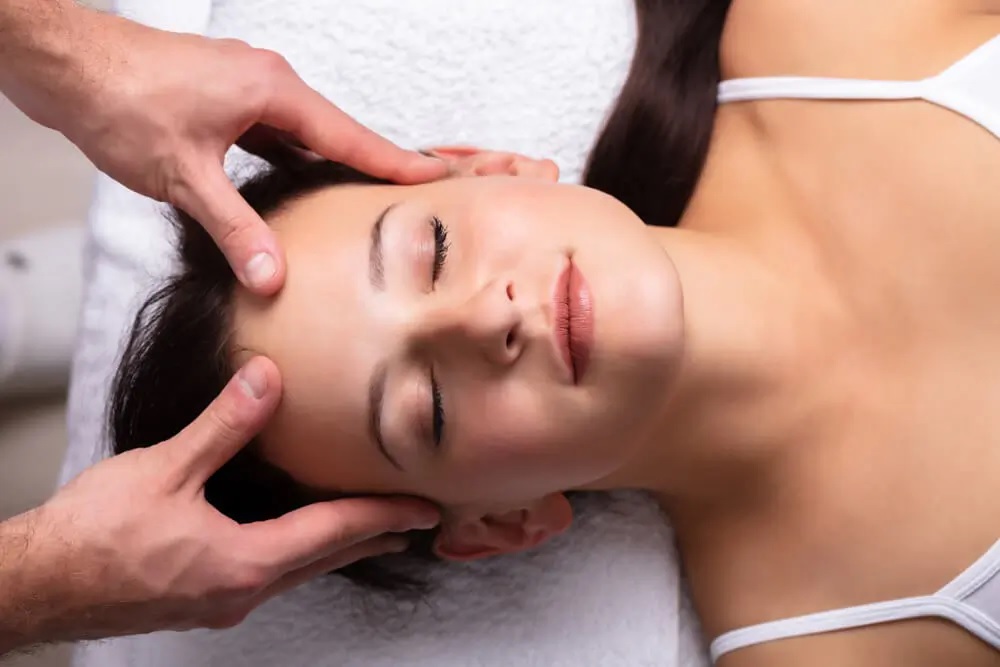Sleeping pills are a class of psychoactive drugs; these medications assist in falling asleep or staying asleep; these medications are also known as sedatives which means “calming” as they help people calm down and sleep peacefully. Trouble in sleeping or insomnia has been heard a lot during recent years. It has affected a wide range of age groups, from young to old. Many people almost forty-eight percent of people in America have occasional insomnia. In females, the ratio is 1.3 percent higher than in males. It can be a symptom of any psychological or medical problem and can be treated with the help of sleep medications or prescription sleeping pills.
There can be many factors that lead to insomnia, such as taking too much caffeine, depression, and noisy sleep. There are many types of sleeping pills, out of which benzodiazepine is the most popular one. Over-the-counter or OTC sleeping aids have also been used for centuries to treat sleep-related disorders. Doctors prescribe many sleeping pills to patients who are addicted to alcohol or any other drug. These drugs help in inducing drowsiness by acting on the nervous system to slow its functionality. There have been few side effects of using these drugs, so it is usually recommended to use them with a doctor’s advice.
How sleeping pills and prescribed sleeping medications work best for insomnia?
There are different kinds of prescription sleeping pills, also called sedative-hypnotics. These medications work by acting on various receptors to slow down nerve activity. Among all these sleep medications; some are used to prompt more sleep, while others help to continue sleep. Benzodiazepine hypnotic sleeping pills are commonly used, which also help in treating anxiety-related disorders. Few of the medicines have do not have benzodiazepine, but they have a similar function to the previous one. They are expected to have fewer side effects. Doctors also prescribe sleep medications/sleeping pills in certain conditions to treat them.
Are Over counter sleep aids (OTC) worth it?
These over-the-counter sleep aids depend on antihistamines as their basic ingredient to improve drowsiness. The common over-the-counter or OTC is doxylamine and diphenhydramine. Some over-the-counter sleep aids also help in pain-relieving. Most of them have more side effects than benefits. Sleeping pills and medication are best against over-the-counter sleep aids. So, it is advised by doctors to use prescribed sleep medications properly, thus enhance sleeping patterns.
How are sleeping pills better than natural over-the-counter sleeping aids?
The FDA does not approve many of the “so-called natural sleep aids” because of their quality, safety, or effectiveness. The most commonly used natural sleeping aid is valerian which has been used for treating insomnia since the second century. Its use for insomnia has not been studied extensively by doctors. Melatonin, which is another famous natural sleep aid, is not effective for many sleep disorders. It can also intervene with diabetes medications. Chamomile tea has been used as an alternative to sleeping pills, but it is not effective for pollen allergies. Kava has also shown improvement in sleep patterns, but it can cause liver damage. Thus sleeping pills or prescribed sleeping pills are more effective for treating insomnia.
Facts you need to know before taking sleeping pills:
- Some sedative-hypnotic medication may cause memory lapses, allergic reactions, hallucination, and suicidal thoughts. It is advised not to use any sleeping medication without consulting your doctor.
- There can be any other underlying psychological (depression, anxiety) or the medical issue behind insomnia; thus, these sleeping pills can’t be effective in such a situation.
- Some sleeping pills might correspond to other medicines being used by the patient, which can worsen the patient’s condition.
How to safely use sleeping pills:
Before taking sleeping pills, get your medical evaluation done. Maybe your doctor will find any other lying issue under your insomnia. If you are taking sleeping pills, then ask your doctor to provide an appropriate schedule. Never mix sleeping pills with alcohol because alcohol can increase the sedative effect of medicines. Take sleeping pills as per your doctor’s advice; if the first dose of medicine didn’t produce the desired result, do not take more of it without consultation. If you plan to quit sleeping pills or prescribed sleeping medications, do it according to your doctor’s advice. Keep in mind that several prescribed sleeping medicines may cause rebound insomnia for two or three days.
How to buy sleeping pills, prescribed sleeping pills/sleep medications?
If the doctor prescribes you, you can buy sleeping pills/prescribed sleep medication/prescribed sleeping pills online.




